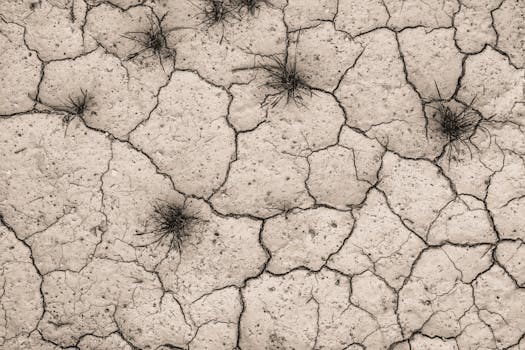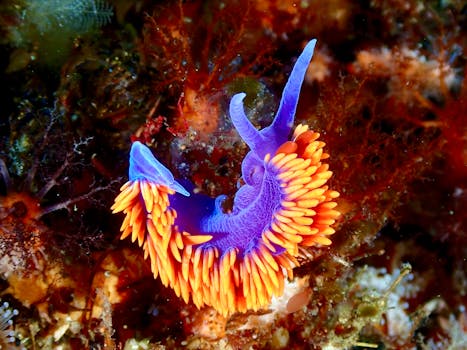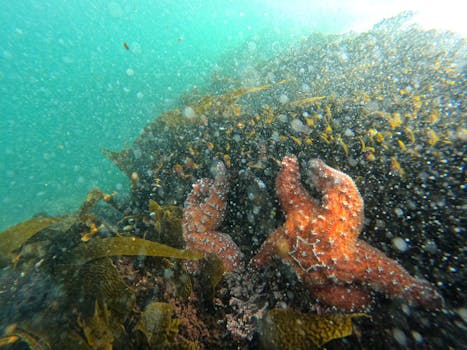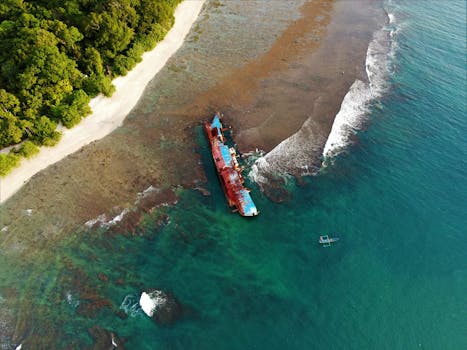The Impact of Climate Change on Global Biodiversity

The Impact of Climate Change on Global Biodiversity
Climate Change is having a profound impact on global biodiversity, with rising temperatures, changing precipitation patterns, and increased frequency of extreme weather events altering ecosystems and threatening the survival of many species. The consequences of climate change are far-reaching, and it is essential to understand the effects on biodiversity to develop effective conservation strategies.
Causes and Consequences of Climate Change on Biodiversity

Climate change is primarily caused by human activities, such as burning fossil fuels, deforestation, and land-use changes, which release large amounts of greenhouse gases, including carbon dioxide and methane, into the atmosphere. These gases trap heat, leading to a global average temperature increase of over 1°C since the late 19th century. The consequences of climate change on biodiversity are numerous, including:
- Changes in species distribution and abundance
- Disruptions to food webs and ecosystems
- Increased risk of extinction for many species
- Loss of ecosystem services, such as pollination, pest control, and nutrient cycling
Impacts on Ecosystems and Species

Climate change is affecting ecosystems and species worldwide, from the polar regions to the tropics. Some of the most significant impacts include:
- Polar bears and other Arctic species are struggling to adapt to melting sea ice and changing prey distributions
- Coral reefs are suffering from mass bleaching events due to rising sea temperatures
- Amphibians are experiencing population declines due to changes in precipitation patterns and increased disease susceptibility
- Plants are shifting their ranges poleward or to higher elevations in response to changing temperature and precipitation patterns
Conservation Efforts and Solutions

To mitigate the impacts of climate change on biodiversity, it is essential to develop and implement effective conservation strategies. Some potential solutions include:
- Reducing greenhouse gas emissions through renewable energy sources and energy efficiency
- Protecting and restoring natural habitats, such as forests, wetlands, and coral reefs
- Assisted migration and relocation of species to help them adapt to changing climate conditions
- Developing climate-resilient conservation plans and policies
Conclusion

In conclusion, climate change is having a profound impact on global biodiversity, and it is essential to take immediate action to reduce greenhouse gas emissions and develop effective conservation strategies. By understanding the causes and consequences of climate change on biodiversity, we can work towards a more sustainable future and preserve the natural world for future generations.




